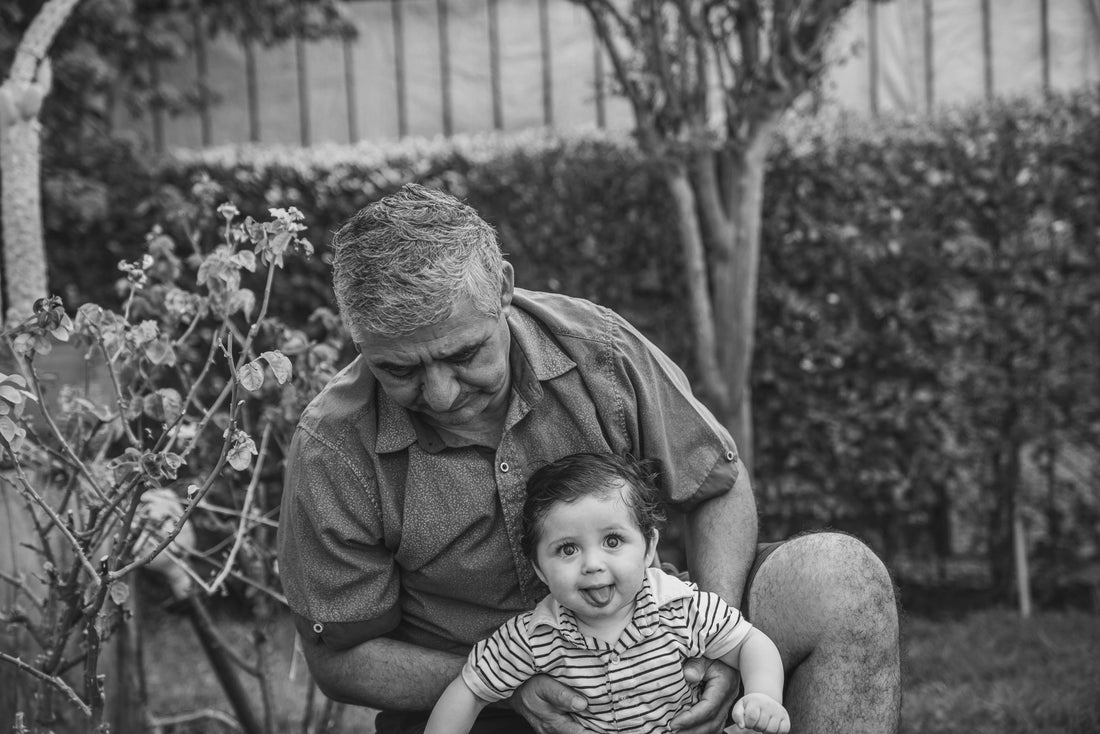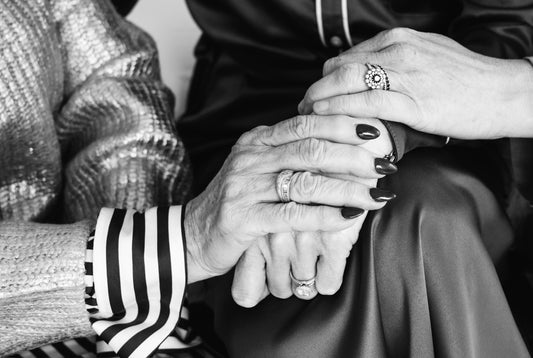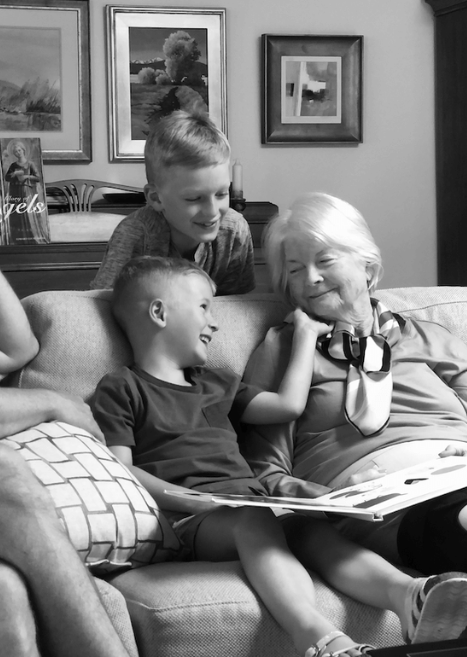There comes a time when roles reverse, and the children who were once lovingly cared for find themselves in a position to provide support and care for their aging parents. In my experience, this is not a role that comes naturally to many adult children. They simply do not want to move their parents to move in with them for a variety of reasons. However, when considering choices such as nursing homes, in-home care, assisted living, and other forms of eldercare, what is the reality of that for our aging loved ones? Recently, members of the BuzzFeed Community shared their experiences and struggles with eldercare, and their stories are startling, including the financial burden of paying for these facilities; the promised physical care that never happens by staff and feelings that the eldercare system is broken in our country.
In Japan, multigenerational living is common. Japanese families embrace this traditional living arrangement as a way to foster strong family ties and provide care and support for their loved ones.
As the baby boomer population ages, it might be time to reevaluate the traditional “American” approach to caregiving. One approach involves inviting aging parents to live with their adult children; this living arrangement can benefit both aging parents and their adult children.
Inviting aging parents to live in our homes can significantly enhance their quality of life. Aging can bring about challenges such as loneliness, isolation, and declining health. By living together, parents have constant companionship, emotional support, and assistance with daily tasks, which can improve their overall well-being and happiness.
Living together allows for personalized care and support tailored to the specific needs of aging parents. Adult children can provide hands-on assistance with tasks such as medication management, transportation to medical appointments, and household chores.
For many aging parents, the desire to age in familiar surroundings surrounded by loved ones – is strong. Moving into their adult children's homes allows them to receive the care and support they need in comfortable surroundings.
And let’s not forget about the financial benefits. Rather than selling a parents’ home in order to pay for a facility, renting out the parents' home can offer financial advantages for both parties. By avoiding paying taxes on a house sale now, and waiting to list homes until after their passing, aging parents can maximize their financial resources to support their current needs, such as healthcare expenses or leisure activities. Meanwhile, adult children can benefit from rental income, which can help offset the costs associated with caregiving and maintaining a larger household.
By the year 2030, the Baby Boomers will be aged 66 to 84 and will number an estimated 61 million. This is a staggering amount of parents who at one point may need care from their adult children or grandchildren. Let’s continue to rethink caregiving in ways that honor the dignity, autonomy, and well-being of our aging loved ones, ensuring that they age with grace and dignity and stay spry longer.




